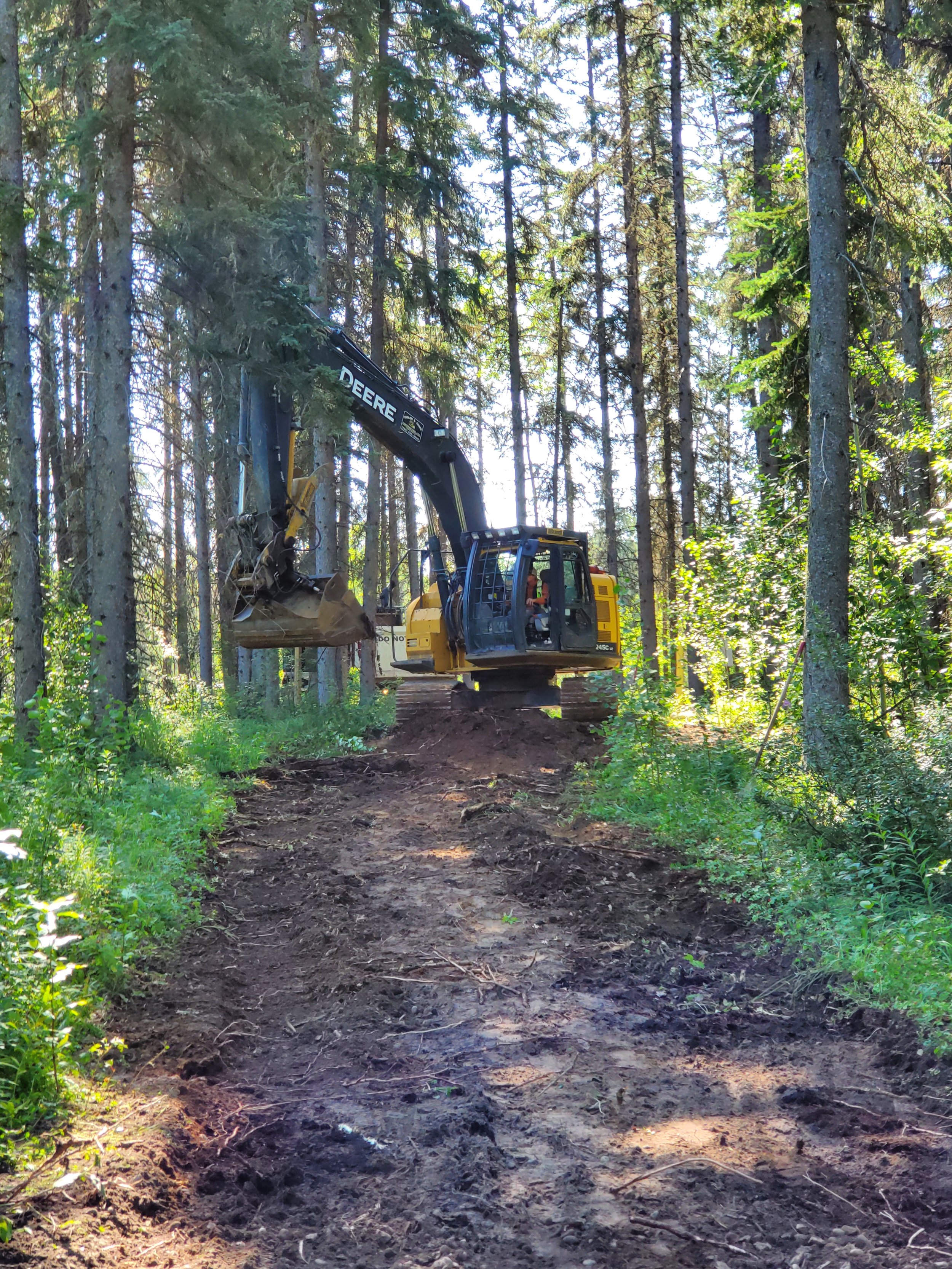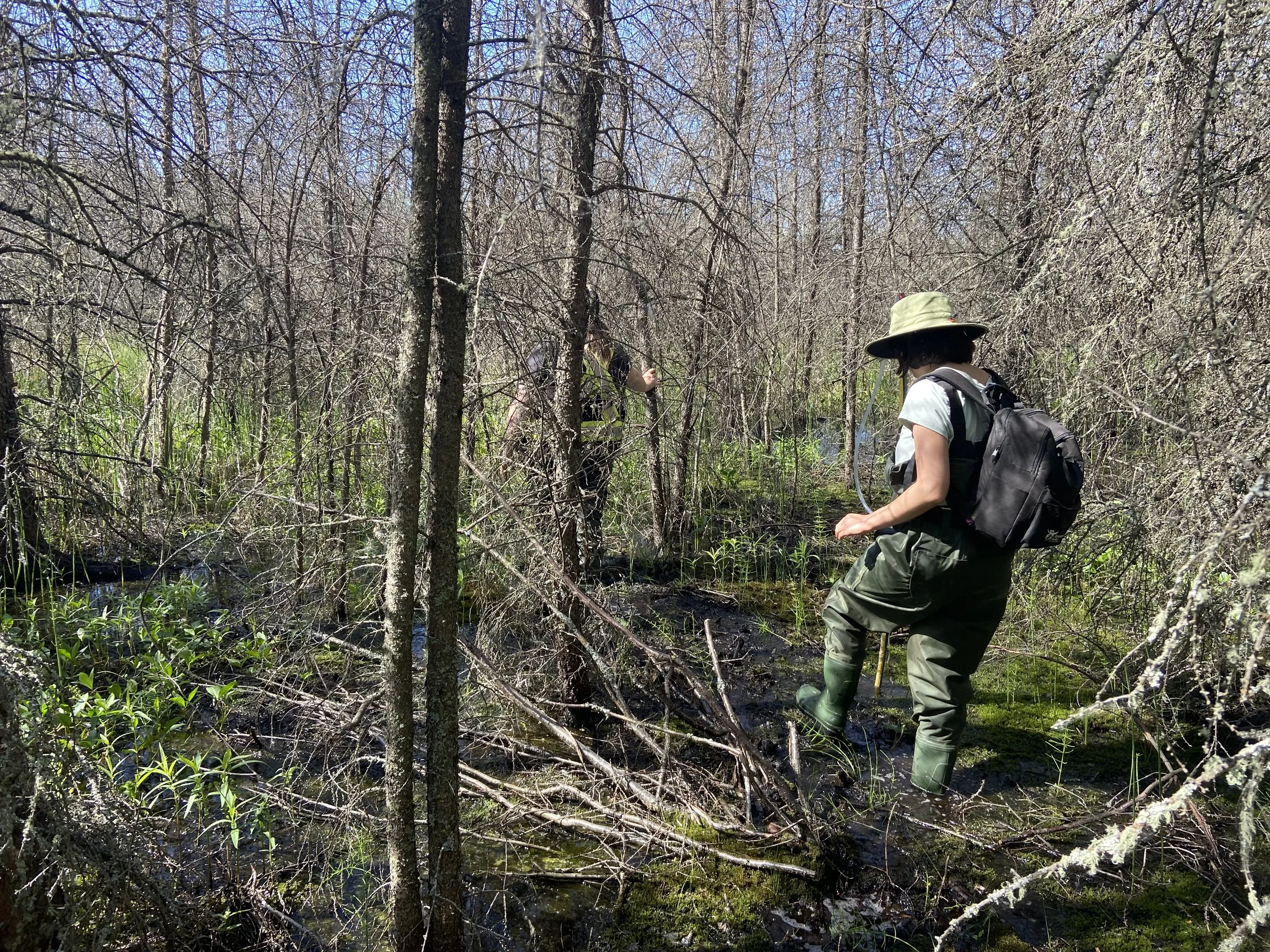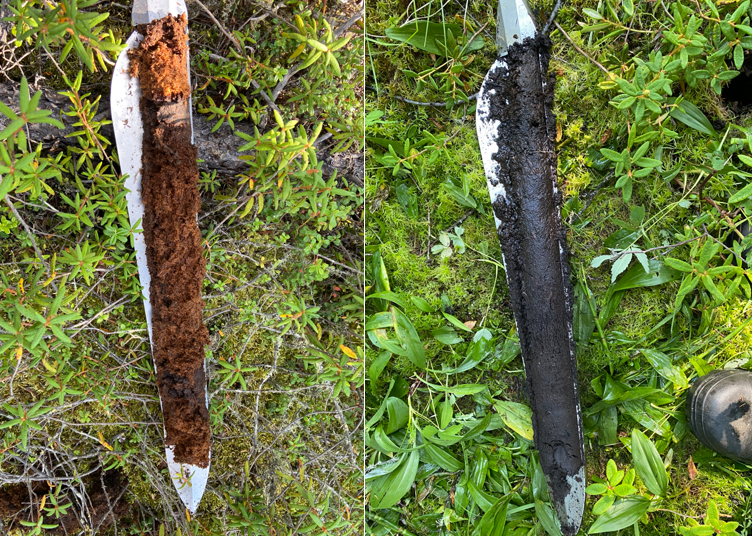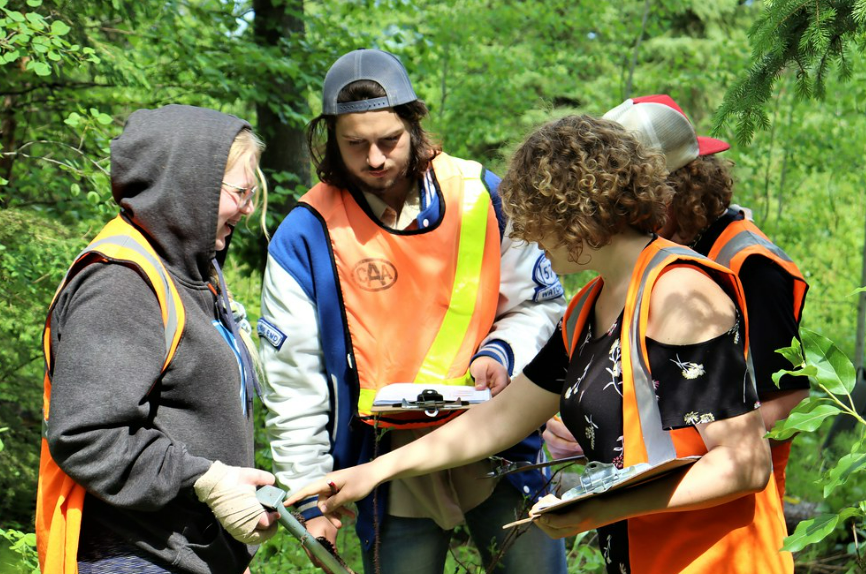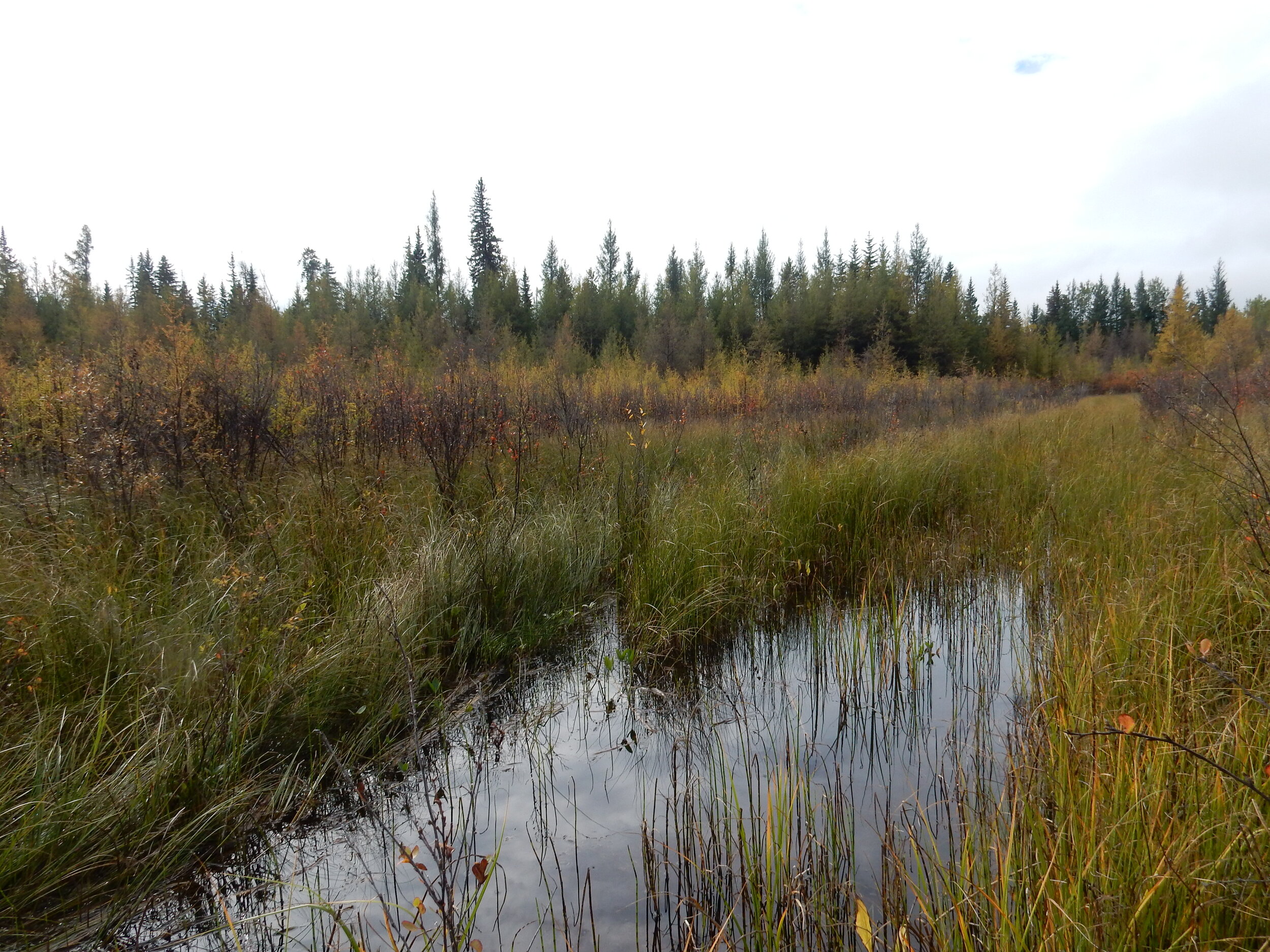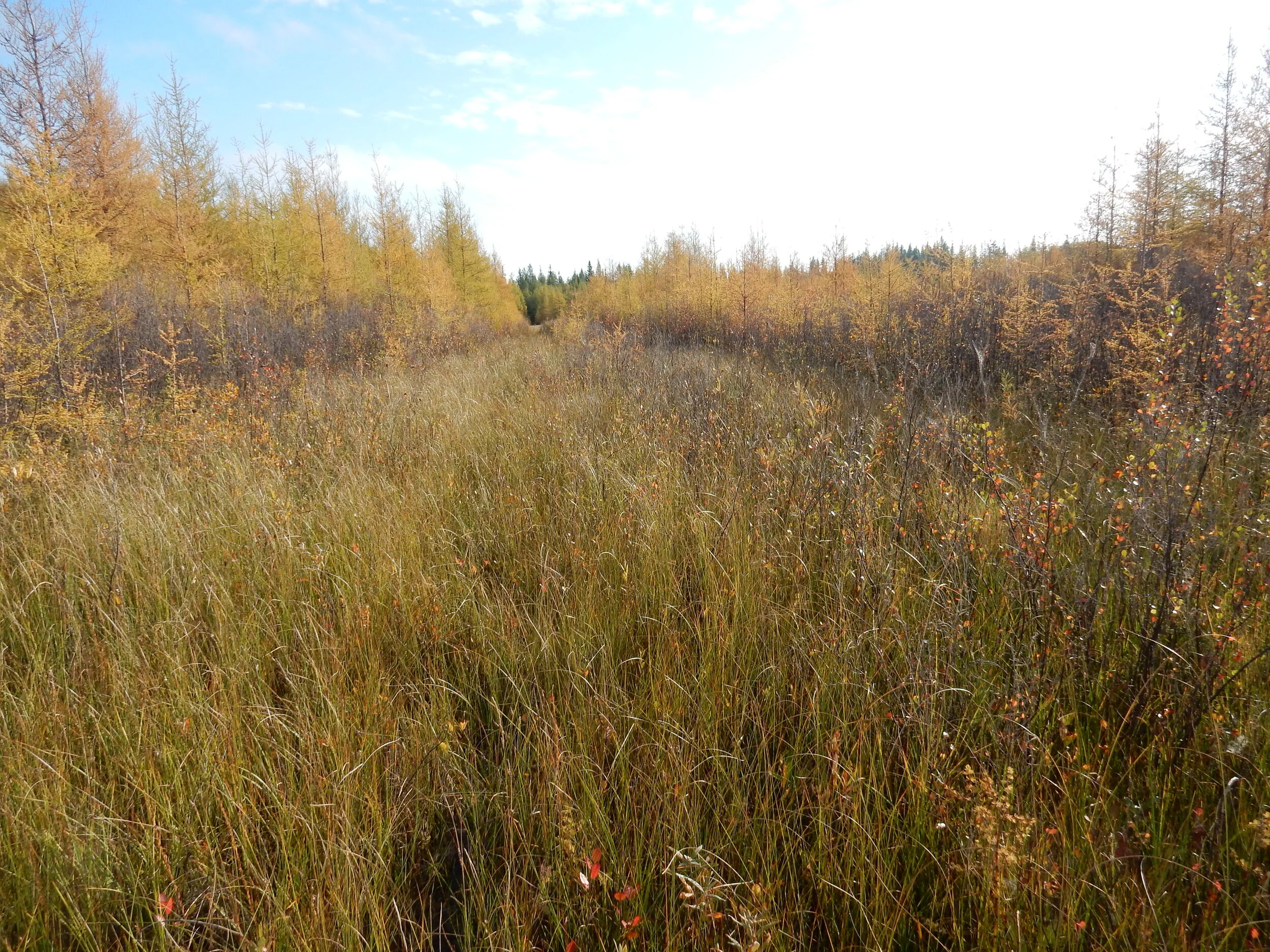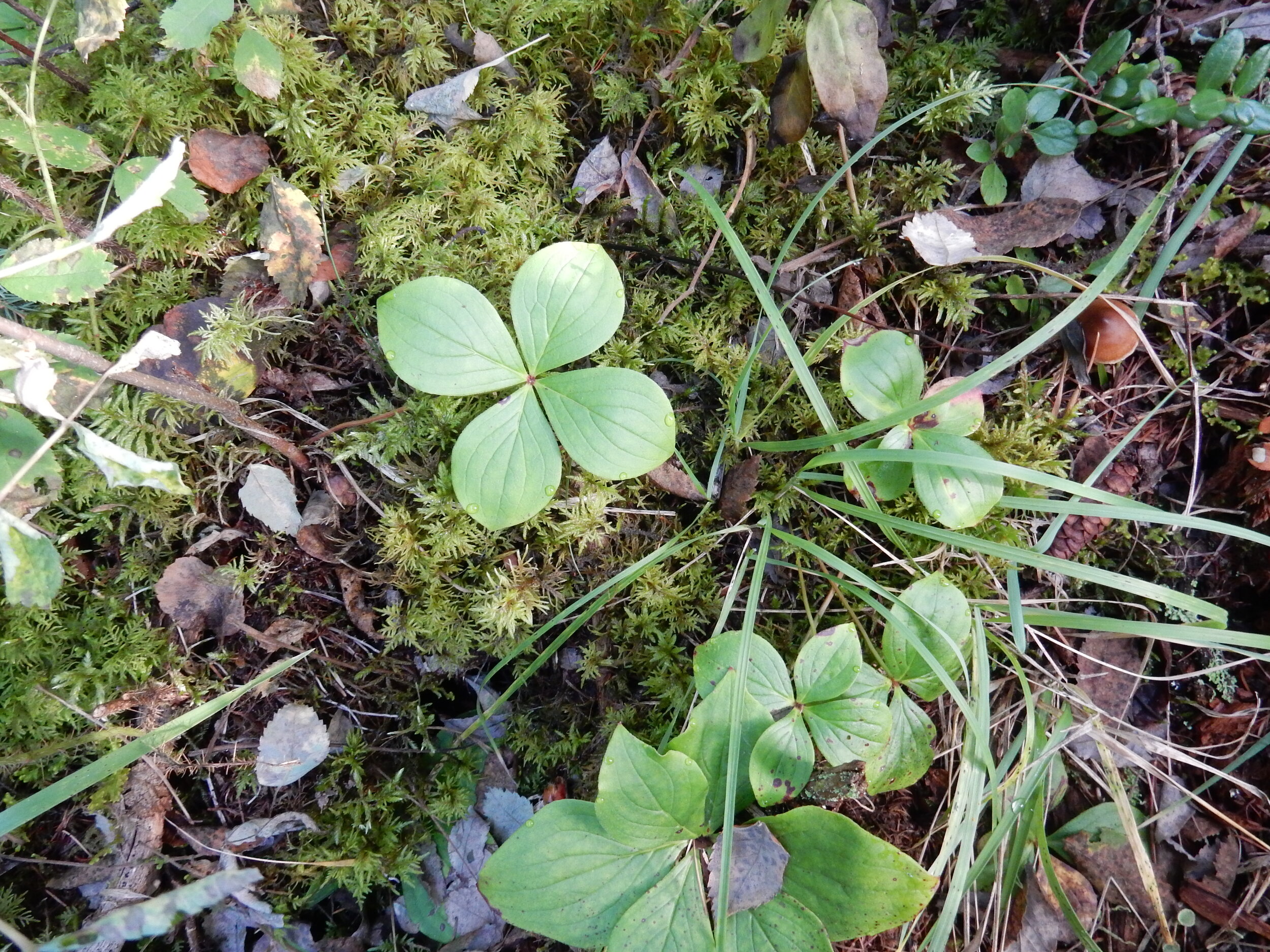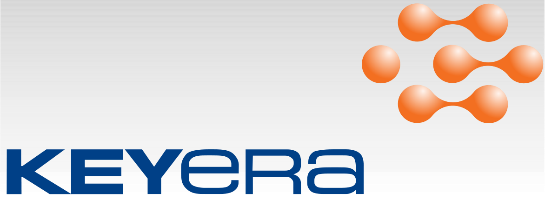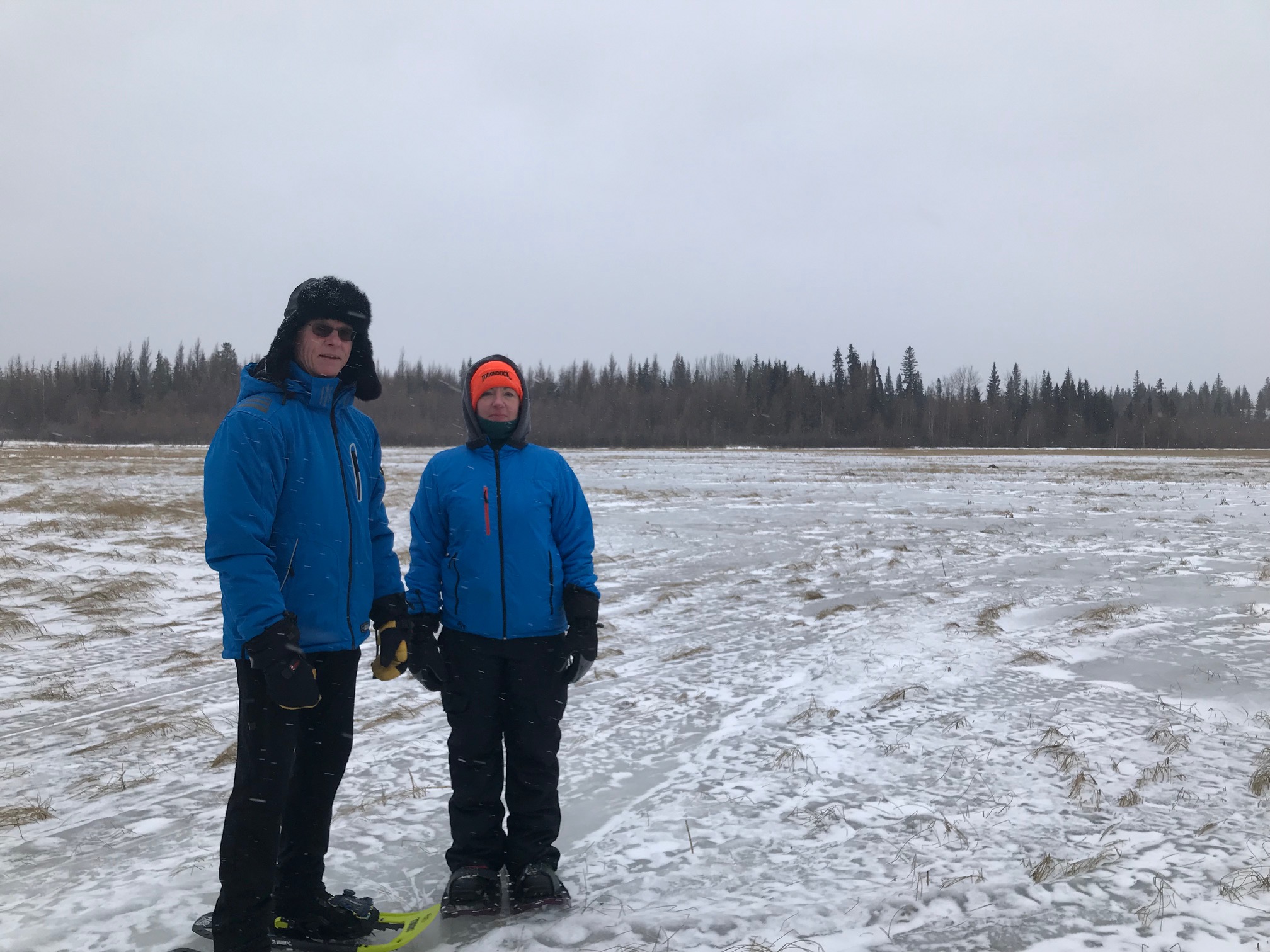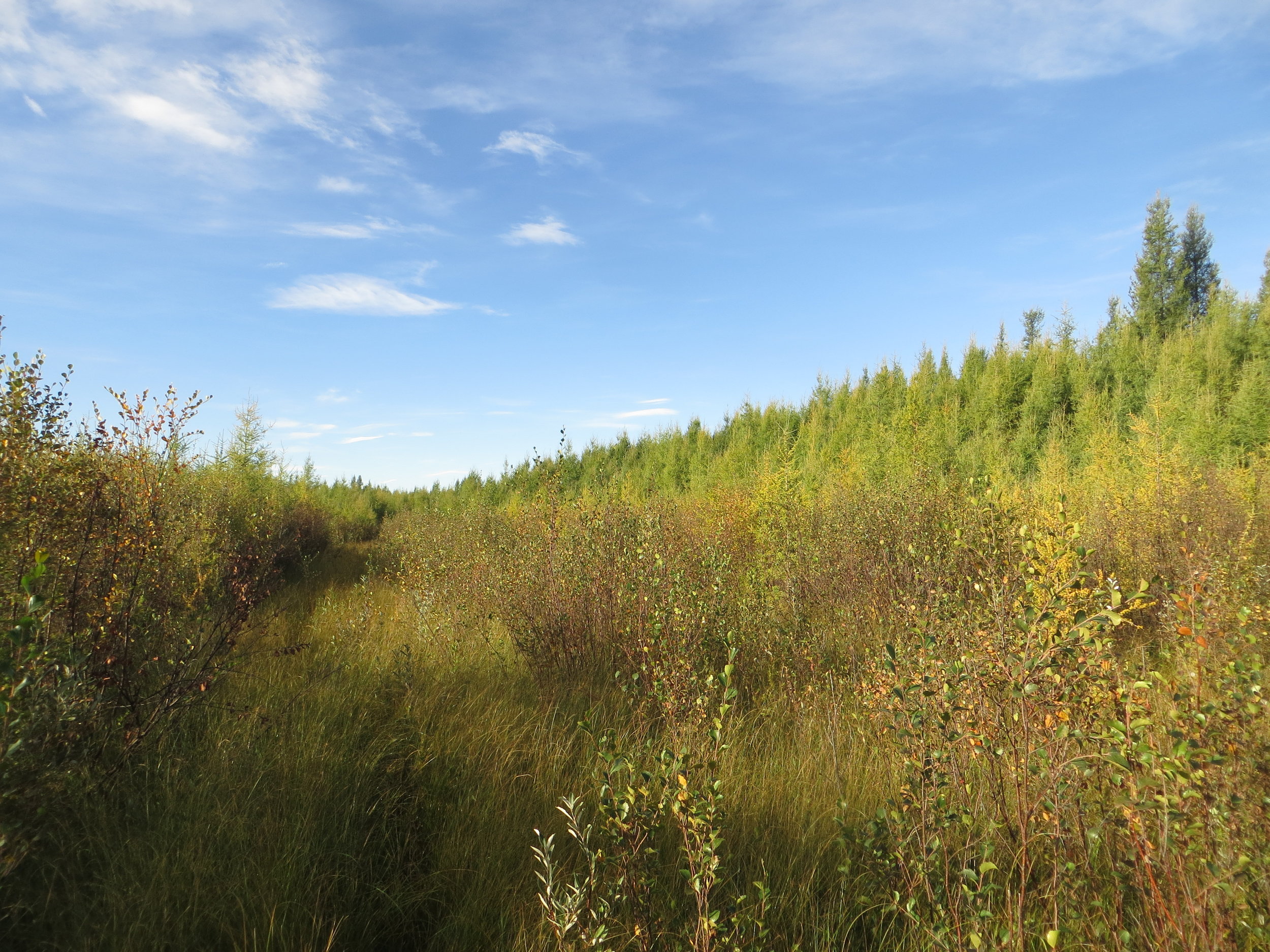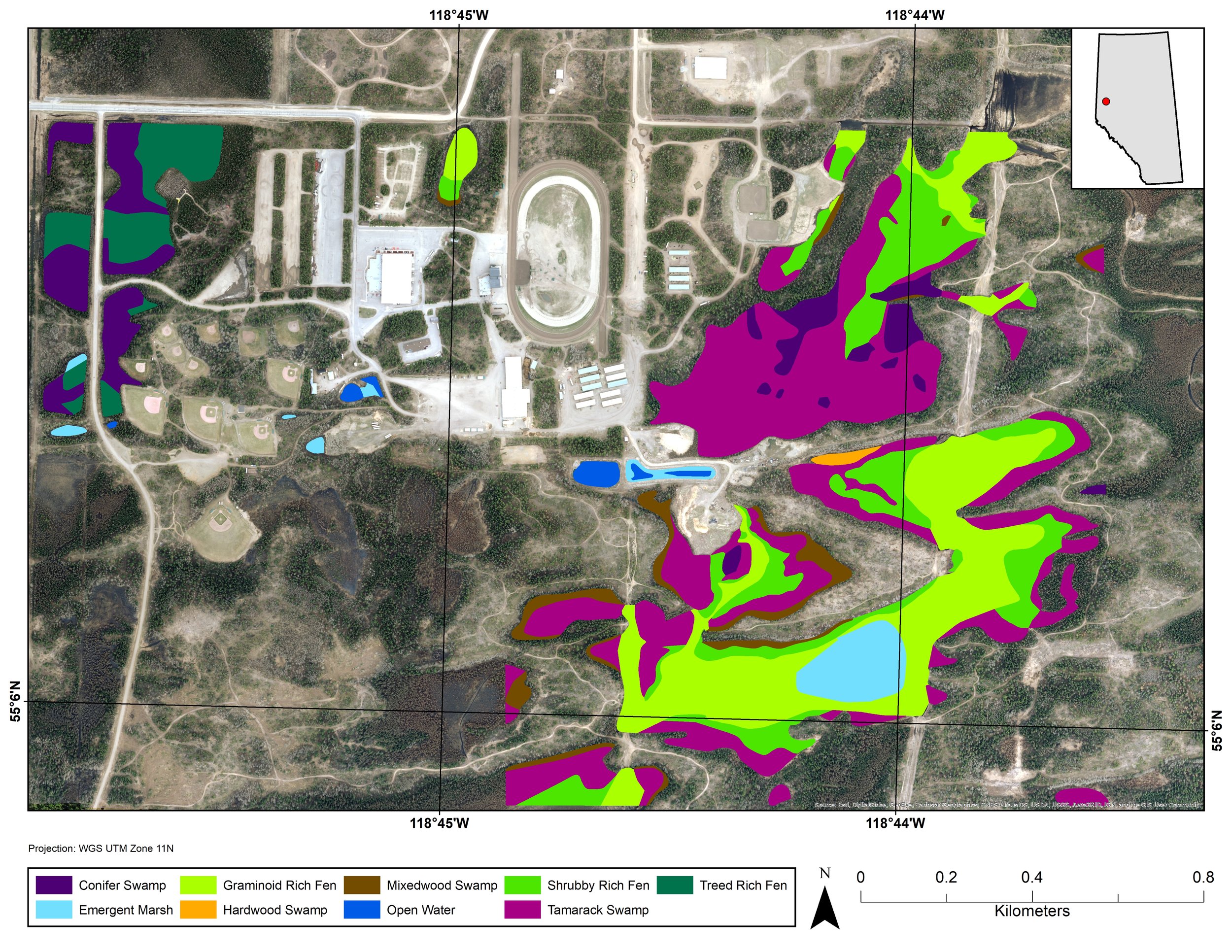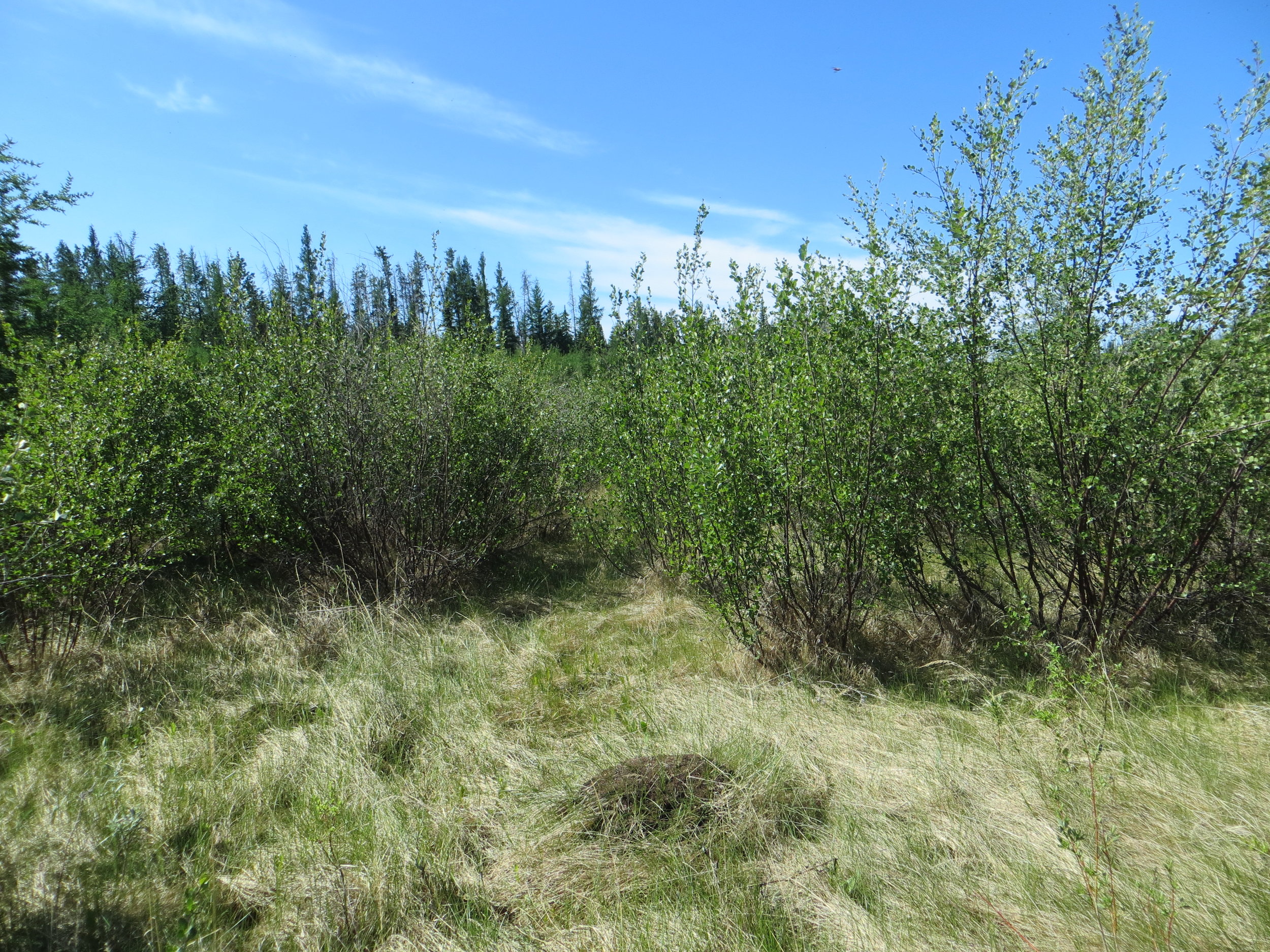The Evergreen Learning and Innovation Society (ELIS) and Ducks Unlimited Canada’s National Boreal Program (DUC) are collaborating to establish a Wetland Centre here at Evergreen Park. The Wetland Centre will be an outdoor, hands-on centre that can be used for wetlands related training, research, and industry demonstrations.
ELIS and DUC have received funding for a three-year project (starting September 2018) to establish a Wetland Centre at Evergreen Park. The Wetland Centre will build on the reputation, location and partnerships of the Evergreen Centre. Over the next three years we will be:
Year 1, Planning: Developing, with involvement from stakeholders, a Strategic Plan for a Wetland Centre at Evergreen Park.
Year 2, Building: Building support and partnerships and initiate site development (e.g., access, fencing, signage).
Year 3, Implementing: Starting to implement the Strategic Plan so that activities such as site visits and wetlands training can be carried out at the Wetland Centre in the third year. Secure financial support for the Wetland Centre to continue to operate beyond the term of the project.
In November DUC & ELIS hired Angie Kuysters with Incremental Forest Technologies (IFTech) as the Wetland Centre Project Manager. Angie is a long-term resident of the Grande Prairie area and brings experience in strategic planning from her previous work in the forest industry as well as practical, hands-on skills, a dedication to sustainability of our adapting forests, and a belief in continual learning. We are very excited to have Angie on board.
As part of Year 1 strategic planning activities DUC and ELIS will be hosting a stakeholder workshop at Evergreen Park on April 24th, 2019.
This is your opportunity to get involved early and to help shape the future of the Wetland Centre. Participants will…
Learn about the plans for the Wetland Centre project and opportunities to get involved
Interact with other participants from a range of sectors to discuss potential ideas and uses for the Wetland Centre
Generate ideas for conducting new research, demonstrations, training, and other wetlands programming at the Wetland Centre
Provide input that will inform the future direction and activities of the Wetland Centre
Learn about boreal wetlands, meet the project leads, and take part in a tour of the Evergreen Centre
Anyone interested in the intersection of boreal wetlands and resource management in Alberta’s boreal should consider attending this workshop. We envision the Wetland Centre as a location for demonstrations, education and training, research, and more, but we want to hear your needs and ideas. Register here
The success of the Wetland Centre depends on the involvement of potential users like you. For more information about the Wetland Centre project or to find out how you can be involved contact:
Angie Kusters, Wetland Centre Project Manager
Incremental Forest Technologies
Angie (at) iftech.ca
(780) 832–1956
Primary funding for the Wetland Centre project is resulting from a Provincial Court of Alberta sentencing order for an Environmental Protection and Enhancement Act infraction. We thank our workshop sponsor Keyera, and project contributor Pembina Pipelines for their financial support.




